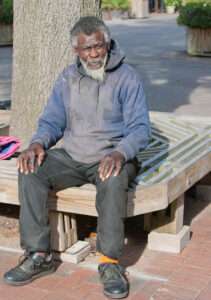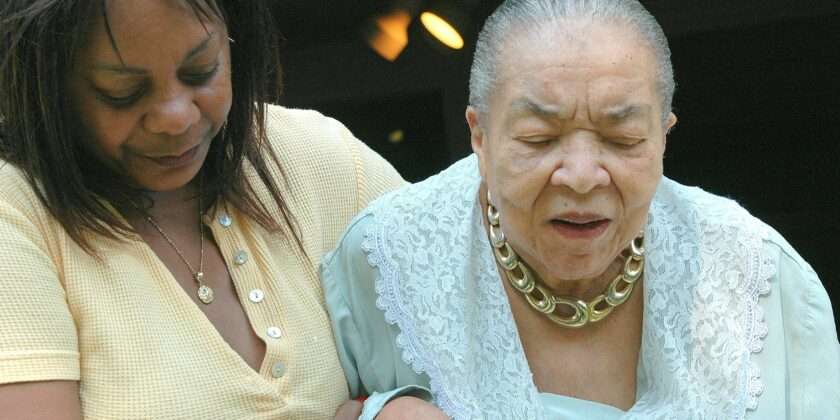18.2 million American adults are unable (or find it very difficult) to walk a quarter mile according to 2015 data from the National Center for Health Statistics. The number of adults with hearing trouble: is 37.2 million. This means that everyone should pay attention to proposed changes in the U.S. healthcare system.
The New Yorker Magazine wrote an article1 on July 14, 2017, about the new Senate Healthcare bill. Here’s part of their opinion of the bill:
The draft of the Senate G.O.P. health-care bill2 that Mitch McConnell, the Majority Leader, released on Thursday is, in one way, an improvement on the previous version of the bill. The latest draft dropped a proposal to repeal two tax increases on very high earners, which were part of the Affordable Care Act. The revenue from those tax increases was used to help fund some of the A.C.A.’s most progressive features, including the expansion of Medicaid and the subsidies offered to families of modest means for the purchase of private insurance plans.
But the merits of the revised Senate bill stop there. Enacting it into law would be a disaster. The old and the sick would be forced to pay far higher premiums; deductibles would go up for almost everyone in the individual market; and many millions of Americans, many of them poor, would lose their health-care coverage entirely.
How would Americans with Disabilities fare under the Republican Bill?
The Atlantic3 traveled to the heart of the disability rights movement in the San Francisco Bay Area to learn why some people with disabilities fear the Republican health plan. Mary Lou Breslin of the Disability Rights Education and Defense Fund says cuts to Medicaid could ultimately cost 3 million people with disabilities their freedom, and erode “40 years of hard won gains by the disability rights movement.”
The National Center for Health Statistics supplied the following 2015 stats about persons with disabilities in America4.

- Number of adults aged 18 and over with at least one basic actions difficulty or complex activity limitation: 77.0 million (2015)
- Percent of adults aged 18 and over with at least one basic actions difficulty or complex activity limitation: 32.2% (2015)
- Number of adults aged 65 and older with at least one basic actions difficulty or complex activity limitation: 26.5 million (2015)
- Percent of adults aged 65 and older with at least one basic actions difficulty or complex activity limitation: 59.8% (2015)
Don’t have a Disability? Here are some selected sensory problems
- Number of adults with hearing trouble: 37.2 million
- Percent of adults with hearing trouble: 15.3%
- Number of adults with vision trouble: 22.9 million
- Percent of adults with vision trouble: 9.4%
This documentary was produced as a project for the USC Center for Health Journalism’s California Fellowship5.
More Stats on difficulties in physical functioning
- Number of adults unable (or very difficult) to walk a quarter mile: 18.2 million
- Percent of adults unable (or very difficult) to walk a quarter mile: 7.5%
- Number of adults with any physical functioning difficulty: 39.6 million
- Percent of adults with any physical functioning difficulty: 16.3%
Enjoyed this post? Share it and read more here. Jay Harold has put together a Resource page that you may find useful when trying to improve your health and wealth. Please take this advice of Muhammad Ali and give back to others. “Service to others is the rent you pay for your room here on earth.” ~ Muhammad Ali
Bibliography
- http://www.newyorker.com/news/john-cassidy/the-senate-health-care-bill-would-be-a-giant-step-backward
- https://www.budget.senate.gov/imo/media/doc/BetterCareJuly13.2017.pdf
- https://www.theatlantic.com/video/index/533001/the-disabled-fight-for-health-care/?utm_source=nl-atlantic-weekly-071417
- https://www.cdc.gov/nchs/fastats/disability.htm
- https://www.centerforhealthjournalism.org/




